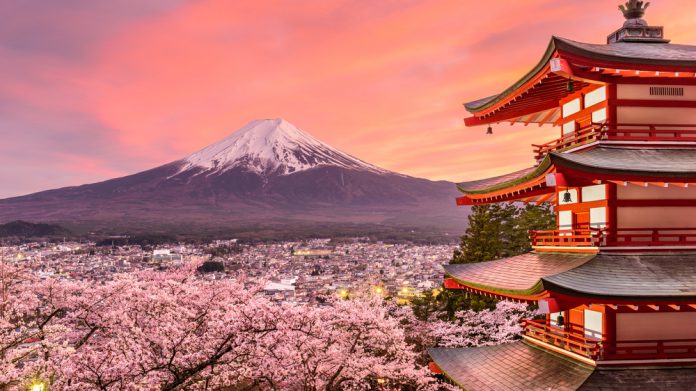In recent months, global operators have steadily increased their focus on the development of emerging markets in Southeast Asia. Recent developments have further solidified this interest, as both Thailand and Japan have made notable progress in advancing their gaming legislation.
Japan and Thailand offer distinctly different opportunities for operators, making it intriguing to see where companies will prioritize their efforts as regulatory frameworks in both countries evolve. MGM has secured a strong position in Japan, having waived its right to withdraw from the market, setting the stage for a potential 2030 launch, aligning closely with Thailand’s timeline.
Localization will be critical for MGM as it aims to capture market share and cater to the cultural preferences of Japanese players. In contrast, Thailand is shaping up to be a more competitive market. Prime Minister Paetongtarn Shinawatra has ended a period of political uncertainty, using her policy platform to push forward plans for the gaming sector.
In Thailand, it’s expected that 10% of integrated resort venues will focus on gambling, while the remainder will concentrate on entertainment. Reports suggest a total of seven resorts, including three in Bangkok. Given Thailand’s booming tourism industry, these venues could become major attractions, drawing significant foot traffic.
Operators looking to enter Thailand will need to create a strong appeal for tourists, ensuring their venues resonate with the country’s rich cultural identity.
Meanwhile, the Philippines is also making moves to strengthen its gaming sector and boost its economic output. The Philippine Amusement and Gaming Corporation (PAGCOR) has taken steps to reduce fees for operators by 2025, as part of its effort to encourage operators to avoid the gray market. Alejandro Tengco, during the IAG Academy Summit, announced that license fees for online gaming operations will drop to 25%, while integrated resorts and land-based operators will see a 10% reduction in charges on gross gaming revenue (GGR).
These reforms are part of broader efforts to clean up the gambling industry and crack down on illegal operations. Tengco emphasized that mainstreaming the sector will be key to achieving this goal.
On the other hand, Macao, the region’s gambling hub, is looking to diversify its economy. Newly elected CEO Sam Hou Fai has warned of the need for new revenue streams, cautioning that the gaming industry has become ‘uncontrolled’. Hou Fai stressed that economic diversification will be a challenging but necessary task to prevent the country from losing developmental momentum.
He said: “After the return of sovereignty, Macau held an open tender for the gaming industry, and the tourism and gaming industry developed rapidly afterwards, but for a period of time, it developed in an uncontrolled manner.
“The Central Government’s proposal for Macau to develop its economy in an appropriately diversified manner is a mandatory question for the Macau SAR Government, not a question of choice.”
While the future of Southeast Asia’s gaming markets is uncertain, one thing is clear: this dynamic region offers significant opportunities for operators looking to expand.
Don’t forget to subscribe to our Telegram channel!











